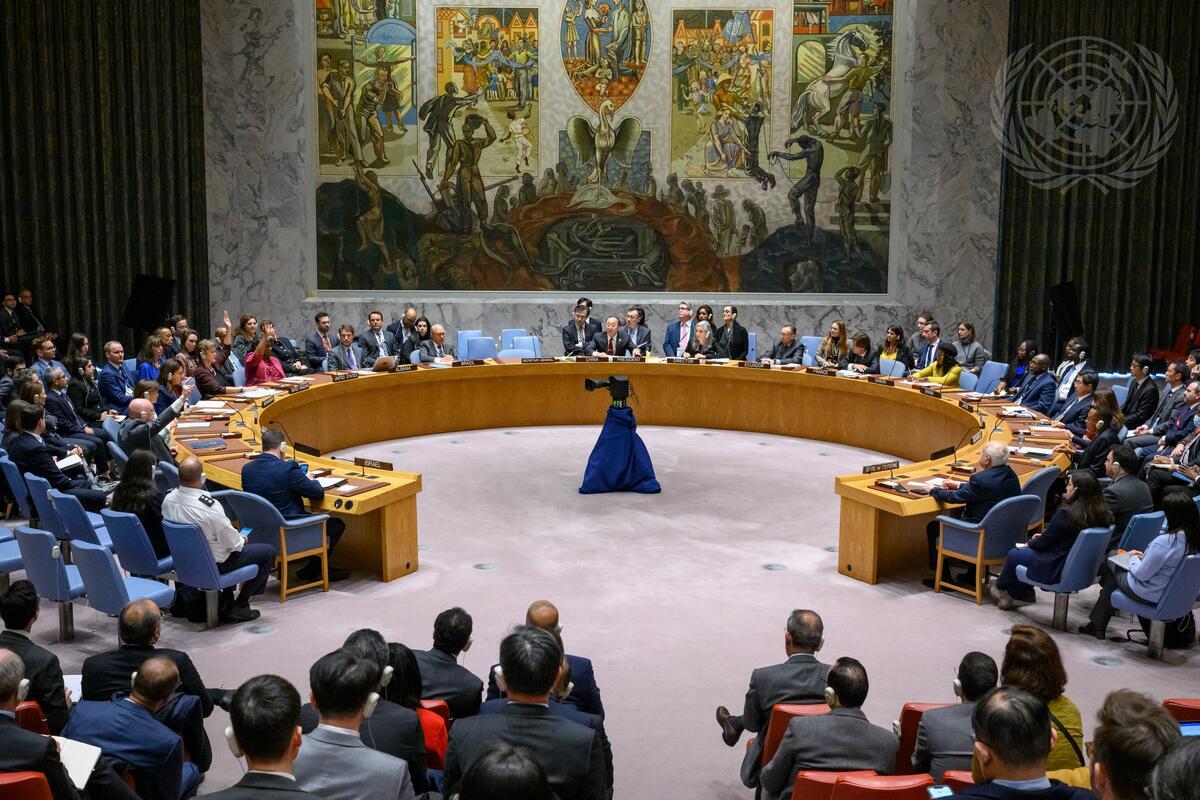
Rethinking Geopolitical Strategies: from Conflict Management to Conflict Resolution in the Middle East

- EU and strategic partners,
- EU strategy and foreign policy,
- Europe in the World,
- Middle-East / North Africa,
The Gaza war, the broader Israeli-Palestinian conflict, the Yemeni civil war, the Syrian civil war, and the Nagorno-Karbach conflict, to name a few conflicts on the edges of Europe, have one thing in common: the various actors, regional and international, opted, over decades, for conflict management rather than for conflict resolution. This has clearly failed.
Transactional geopolitics, history has demonstrated, almost always end up in armed conflicts erupting typically from the periphery of the contested geopolitical spheres of influence to subsequently make their way towards the centres of the competing powers. The ‘July Crisis’ of 1914 is a good example. Sergei Sazonov, the last tsarist Russian foreign minister, recorded in his memoires that WW1 started in 1909 when Austria-Hungary annexed Bosnia. The intervening five years (to the start of the war in 1914) amounted to no more than attempts at ‘conflict management’ rather than ‘conflict resolution’. Transactionalism is synonymous with conflict management and, in the view of this writer, almost always leads ultimately to armed conflict.
CLICK “VIEW PDF” BELOW FOR ACCESS TO FULL POLICY BRIEF
(Photo credit: UN Photo/Loey Felipe)